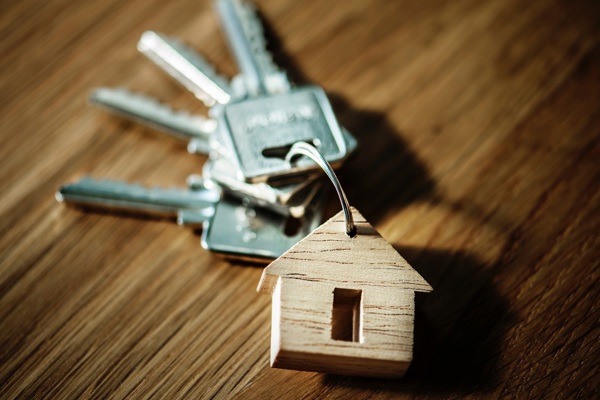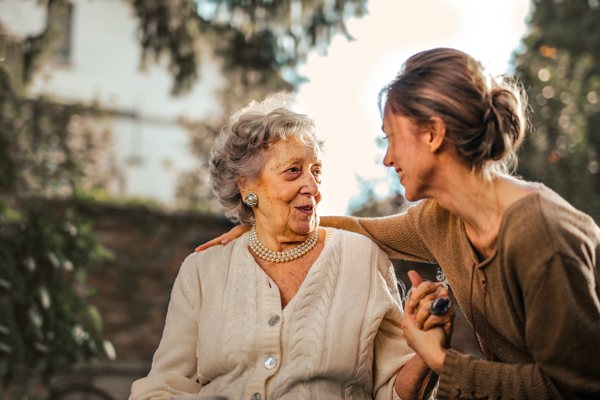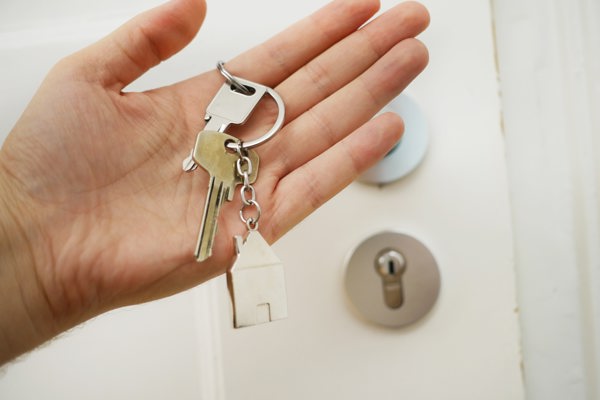You are going to visit an elderly relative. You are already worried about them because they have become more vulnerable in recent months however when you arrive, not having seen them for a month or so, you find they have really deteriorated. They have lost weight, they are dirty, they are cold, they are confused. They don’t appear to understand how serious the situation is. You do.
What do you do?
It's a Sunday, the GP surgery is closed and it isn't a medical emergency. So likely the first thing you do is crank up the heating, do some washing and prepare some food believing that on Monday morning you'll get all the professional support you need.
But Monday morning brings more problems. No-one will speak to you because you aren't formally appointed as Welfare Attorney. They want to help but they can't.
The short term solution is to rally various family members to provide help but this is only a sticking plaster and you need a long term plan. The first step will be to get a Welfare Power of Attorney drafted quickly and then registered with the Office of the Public Guardian. It needs to appoint the people who are going to be able to make decisions and put the appropriate care plan in place - both for the short term and for the longer term.
I've thought about this a lot in relation to the work which we do. We believe our job is more than just about drafting the legal documents. It is our responsibility - doing our best for our clients - to make sure that a Welfare Power of Attorney is in place, it is ready to use, it appoints people who will know what to do and who will make decisions which are right for you.
We regularly see situations which will cause problems:
- There's no Power of Attorney at all and the adult no longer has capacity to grant one;
- There is a Power of Attorney in place but the Attorney has themselves lost capacity and is unable to act for you;
- The Attorneys don't understand what is expected of them - this is a position of responsibility - it's not a position of honour;
- The doctors and the Attorney don't agree what medical treatment should be given or not given;
- The Attorneys aren't local and don't think about the support they'll need until crisis strikes;
- The Attorneys get on very well with each other but don't agree what is best - often because of their competing interests;
- The Attorneys don't speak with other and so will not work together.
We want to take stress away - not add to it. Which is why we keep urging people, regardless of age and stage in life, to take advice and to have a Power of Attorney in place. You never know what is going to happen to you... read more about Power Attorney


